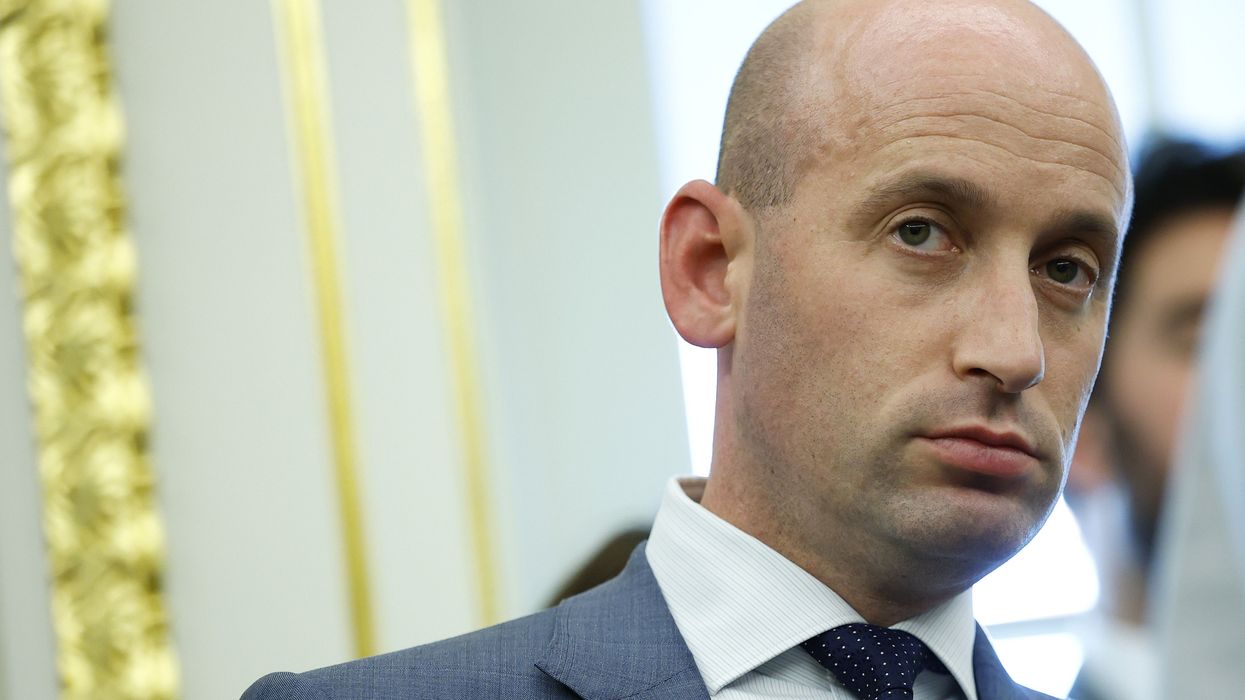"The Israeli army criminally targeted this vehicle," Egyptian Relief Committee spokesperson Mohammed Mansour told AFP.
The Israel Defense Forces (IDF) claimed its troops "identified several suspects who operated a drone affiliated with Hamas in the central Gaza Strip, in a manner that posed a threat to their safety," and then "struck the suspects who activated the drone."
Israeli officials often claim—almost always without conclusive evidence—that journalists, aid workers, and other civilians it kills are Hamas "terrorists."
CBS News said that Shaat, a 30-year-old newlywed, "worked for years as a cameraman for CBS News and other outlets."
Among those outlets were Agence France-Presse, which issued a statement condemning the attack and remembering Shaat as a "kind-hearted colleague, with a gentle sense of humor, and as a deeply committed journalist."
"AFP demands a full and transparent investigation into his death," the agency said. "Far too many local journalists have been killed in Gaza over the past two years while foreign journalists remain unable to enter the territory freely."
Shaat's CBS News colleagues in London remembered him as a "brave journalist" who was "deeply loved by everyone who knew or worked with him."
However, one prominent CBS figure has so far been conspicuously silent on Shaat's killing. As of Thursday afternoon, CBS News editor-in-chief Bari Weiss has said nothing publicly about the incident. Weiss is a self-described Zionist whose outlet Free Press—now a division of CBS following its acquisition by Paramount Skydance—is staunchly pro-Israel and has shown indifference toward Palestinian suffering.
For example, FP called the officially declared Gaza famine, which claimed at least hundreds of lives, a "myth" and published other reporting on Gaza that critics said fueled genocide denial.
Paramount Skydance chairman and CEO David Ellison and his father, Oracle co-founder Larry Ellison, are also both reportedly close to Israeli Prime Minister Benjamin Netanyahu, who is wanted by the International Criminal Court in The Hague for alleged war crimes and crimes against humanity in Gaza.
Standing in stark contrast with Weiss and CBS News, media advocacy groups were quick to denounce the journalists' killings. The Palestinian Journalists Syndicate blasted what it called a "deliberate assassination" and "a war crime and a crime against humanity under international humanitarian law."
Condemnation also came from groups including Reporters Without Borders (RSF) and the Committee to Protect Journalists (CPJ).
“CPJ condemns Israel’s strike on a clearly marked civilian vehicle in central Gaza that killed freelance photojournalists... amid an ongoing ceasefire,” CPJ regional director Sara Qudah said in a statement. “Israel, which possesses advanced technology capable of identifying its targets, has an obligation under international law to protect journalists.”
While it is difficult to know precisely how many journalists have been killed in Gaza—where Israel bans foreign reporters from entering—CPJ says at least 208 Palestinian media workers have been killed there. RSF says the number is at least 220. The United Nations puts the figure at over 260.
The deadliest Israeli massacre of media professionals in Gaza occurred last August 10, when six journalists were killed in a tent bombing outside al-Shifa Hospital in Gaza City. Later that month, an Israeli "double-tap" strike on Nasser Hospital in Khan Younis killed at least 21 people, including five journalists.
According to Gaza officials, Israeli forces have committed more than 1,200 violations of the ceasefire with Hamas since it took effect last October, killing over 460 Palestinians including upward of 100 children. Officials said at least 11 Palestinians were killed by Israeli attacks on Gaza late Wednesday and into Thursday, including the three journalists, three children, and a woman.
Since the October 7, 2023 Hamas-led attack on Israel, Israel's US-backed genocidal war on Gaza has left more than 250,000 Palestinians dead, maimed, or missing, and around 2 million others forcibly displaced, starved, or sickened.
Israel also continues to restrict the flow of humanitarian aid into Gaza, causing preventable deaths. For example, at least 10 children and infants have died of cold-related causes this winter, according to local officials.




